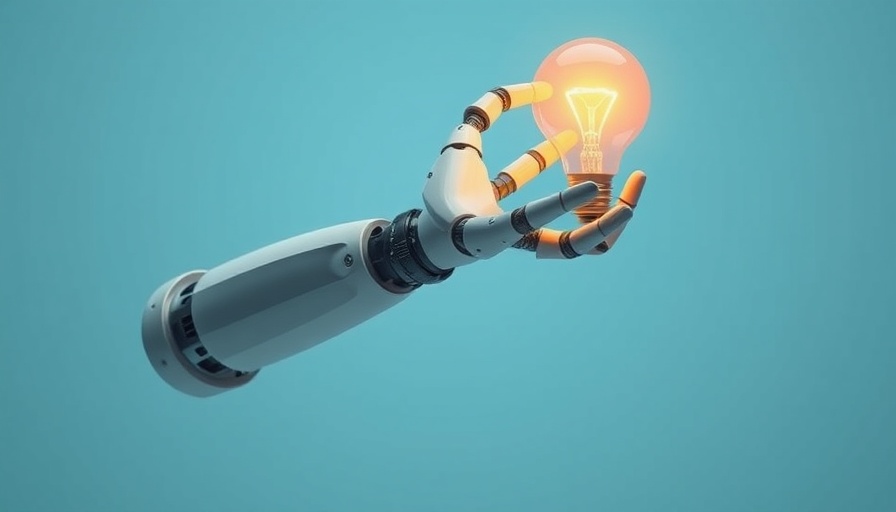
Neuralink's Aspirations and Legal Minefields
Neuralink, co-founded by Elon Musk, is pushing the boundaries of technology with its vision of integrating brain-computer interfaces (BCIs). One of their products, dubbed "Telepathy", aims to empower paralyzed individuals to control devices solely through their thoughts. However, their ambitious plans have hit a significant snag. The United States Patent and Trademark Office (USPTO) recently rejected Neuralink's attempts to trademark the names "Telepathy" and "Telekinesis" due to existing trademark applications by another party. This situation raises important questions about innovation, trademark law, and the ethical dimensions of technological advancement.
The Trademark Conundrum: Who Owns the Name?
Trademark applications serve to protect brand identities; however, they can also become battlegrounds for intellectual property. In this case, Wesley Berry, co-founder of a different tech startup called Prophetic, had already filed for "Telepathy" in May 2023 and "Telekinesis" in August 2024 before Neuralink's application. Notably, Berry's trademarks are focused on software that utilizes electroencephalogram (EEG) data to interpret thoughts, which presents a conflict of interest given Neuralink's similar ambitions with its BCI technology.
Exciting Developments in Brain-Computer Interfaces
Neuralink's Telepathy product is more than just a name; it's a groundbreaking technology that enables users to interact with computers and mobile devices using only their thoughts. As Musk revealed in a January 2024 social media post, the company's vision revolves around improving the quality of life for individuals with disabilities, further emphasizing the moral importance of technological innovation.
This Isn't Final: Possible Paths Ahead
The letter from the USPTO is not a final declaration. Neuralink has responded by addressing the potential confusion with an existing trademark for Telepathy Labs that operates in the voice and chatbot technology space. However, they have yet to tackle Berry's conflicting trademarks in their response. If Berry fails to show commercial use of his trademarks within three years, Neuralink's application could take precedence.
Implications for Future Innovations
This legal tug-of-war prompts discussions about intellectual property laws and the development of technologies like BCIs. As more companies explore innovative interfaces between the human brain and machines, the potential for overlapping trademarks grows. Companies need to navigate these waters carefully, ensuring that their products aren't just innovative but also legally protected to thrive in a competitive market.
Ethics of Trademarking Futuristic Concepts
This case presents a unique ethical dilemma: Should concepts like telepathy and telekinesis be trademarked at all? The ideas prompt curiosity and innovation, but they also conjure images of science fiction. The riddle of ownership over such terms invites scrutiny, as it mingles with broader questions regarding the commodification of emerging technologies.
A Call to Action: Join the Conversation
As we stand on the cusp of transformative technologies, it's essential to engage in dialogue about the implications of trademarking innovative concepts. How can we respect intellectual property while fostering a culture of innovation? Share your thoughts below and explore how ethical considerations in technology might shape our future.
 Add Row
Add Row  Add
Add 




Write A Comment